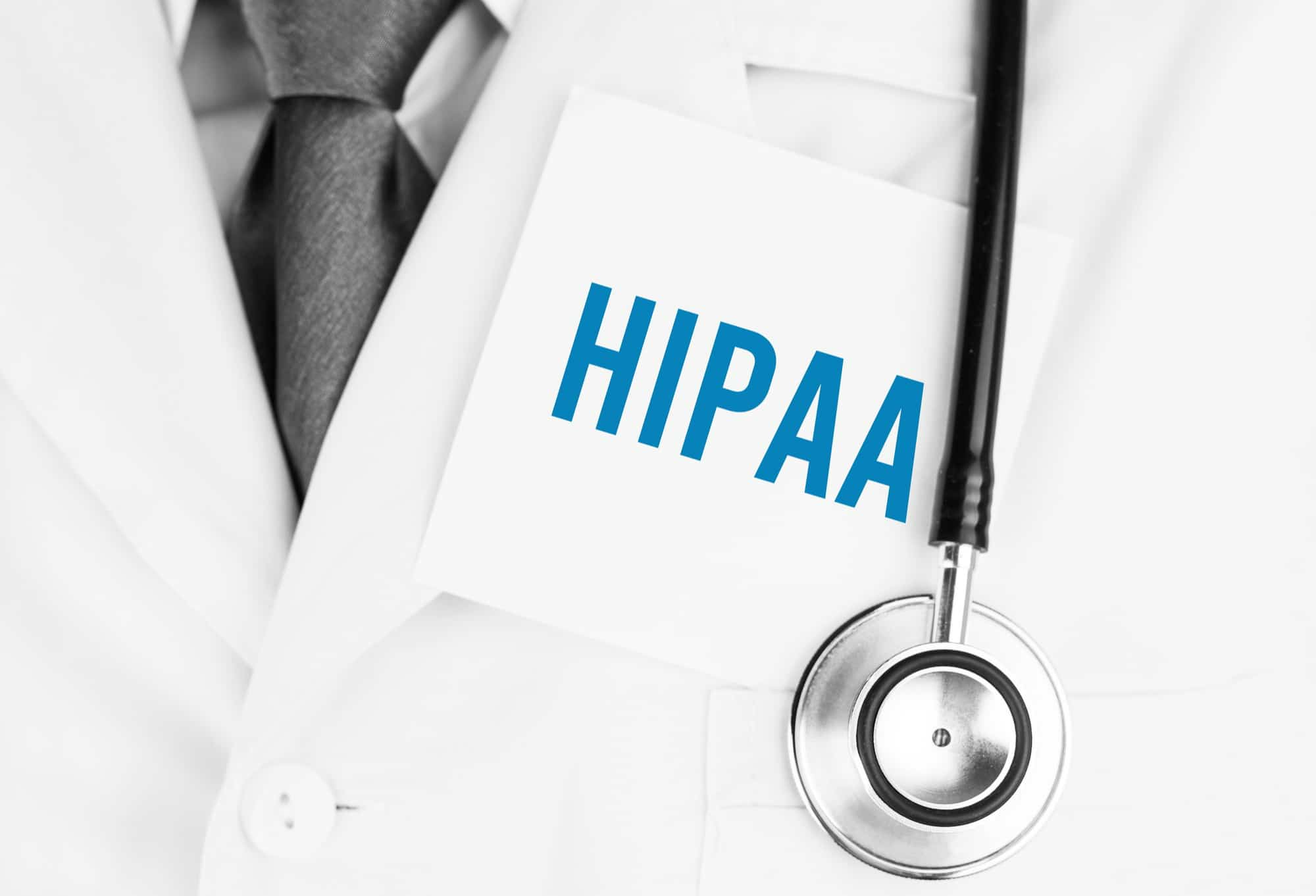
Each year, healthcare organizations face expensive and damaging HIPAA violations. In 2023 alone, the Department of Health and Human Services (HHS) Office for Civil Rights (OCR) settled cases that involved fines amounting to more than 4 million dollars.
Several HIPAA violations are traced back to vendors or business associates, emphasizing the critical role that external partners play in maintaining data security. With fines and patient trust on the line, healthcare providers must guarantee their associates adhere to stringent HIPAA regulations.
This is where business associate agreements and subcontractor business associate agreements (BAA) come into play. Understanding and properly implementing BAAs isn’t just a compliance checkbox; it’s a frontline defense for maintaining patient confidentiality.
Virtual Staffing Support with Full HIPAA Compliance
A business associate agreement is a legal document that outlines how a business associate will handle protected health information (PHI). This contract establishes the responsibilities of both parties to ensure that they handle PHI in compliance with HIPAA regulations. A BAA ensures that any third party (business associate) that may come into contact with PHI, directly or indirectly, follows the same strict rules as healthcare providers.
The HIPAA Privacy Rule requires that you secure a signed agreement before sharing protected data if you fall under this type of entity.
Covered entities refer to healthcare providers, insurance plans, or clearinghouses that directly manage or process protected health information.
A business associate includes any third-party subcontractor or vendor that creates, receives, stores, or transmits PHI on behalf of a covered entity. IT support companies, billing agencies, or cloud services providers fall under this category.
Business associates don’t have to handle patient information to be responsible for HIPAA compliance. If their services support anything involving PHI, they’re bound by HIPAA rules, and any subcontractors they hire also have to sign BAAs and follow those guidelines.
As a covered entity, setting up business associate agreements with your partners and their subcontractors is essential. A BAA must contain the following crucial elements to comply with HIPAA:
This section of the BAA defines the specific purposes for which the business associate is allowed to use or disclose PHI. It clearly outlines what the business associate can do with the data, ensuring it is used only for agreed-upon purposes such as billing, data analysis, or IT services. The BAA also details any prohibited actions, such as unauthorized sharing of PHI with third parties or using the data for personal gain.
A fundamental aspect of any BAA is safeguarding PHI through appropriate technical, administrative, and physical security measures. This means implementing encryption, secure storage, access control, and safe transmission practices. The business associate must ensure that PHI is protected at rest and in transit, reducing the likelihood of breaches or unauthorized access.
In case of a data breach or unauthorized use of PHI, the business associate must promptly notify the covered entity. This section outlines the specific timeline and procedures for reporting any breach. It also mandates that the business associate take immediate steps to mitigate the damage caused by the violation, such as notifying affected individuals and working with the covered entity to address the issue.
If the business associate hires subcontractors or other third parties to assist in handling PHI, the BAA must also require those subcontractors to comply with HIPAA regulations. The business associate is responsible for ensuring that any subcontractor signs a BAA and agrees to the same level of protection and security for PHI.
This part details when the BAA can be terminated, such as a breach of the agreement or failure to comply with HIPAA standards. It also discusses what must be done once it ends, including the return or destruction of PHI to avoid any further use or exposure.
The BAA should establish clear guidelines for regular monitoring and reporting to ensure the business associate stays HIPAA-compliant. There must be routine audits, check-ins, or documentation to show they meet their responsibilities. The business associate is liable for any non-compliance, and there may be penalties if they don’t adhere to the agreed terms.
In case of a HIPAA violation or breach, the BAA must have provisions requiring the business associate to work with the covered entity to minimize damage. This includes cooperating with investigations, correcting breaches, and preventing future incidents.
Under HIPAA regulations (45 CFR §164.524), business associates must provide the covered entity with timely access to PHI when requested. This ensures that individuals can access their health information as required by law. The BAA should specify the timeframe for delivering this information and outline procedures to comply with access requests efficiently.
In compliance with 45 CFR §164.526, the business associate must make PHI available for amendment upon request by the covered entity. If the covered entity agrees to amend the PHI, the business associate must incorporate the amendments into the designated record set, ensuring the information remains accurate and current.
The business associate must agree to make its internal practices, books, and records—such as policies, procedures, and any PHI related to the use and disclosure of health information—available to the covered entity upon request. This ensures transparency and allows the covered entity to verify compliance with HIPAA regulations.

Failing to secure a BAA leaves healthcare providers and business associates open to major legal and financial risks. Both could face serious trouble with regulatory bodies. A breach of a BAA also gives the other party the right to pursue legal action.
A HIPAA breach can cost up to $50,000 per violation and, in serious cases, may lead to imprisonment. Even worse, a breach can destroy patients’ trust in the organization, which can take years to rebuild, profoundly affecting the organization’s future.
In 2017, the Center for Children’s Digestive Health faced a $31,000 penalty due to HIPAA non-compliance. An investigation by the OCR revealed that the center had utilized the services of FileFax Inc. to store patient data but did not establish a business associate agreement, as required under HIPAA regulations. The PHIs of over 10,000 individuals were shared without the proper documentation.
Another notable case involved Advocate Health Care (AHC). In 2016, they were hit with a $5.55 million fine for violating HIPAA regulations after two data breaches. Nearly 4 million patient records were compromised due to the theft of gadgets containing electronic protected health information (ePHI). AHC did not have a business associate agreement (BAA) and adequate physical security measures to prevent theft.
The first step is identifying all vendors who interact with PHI. It includes any organization or individual that processes, stores, or transmits PHI on behalf of the healthcare provider.
HHS provides a sample BAA template on its website. Involving legal counsel in the drafting process is essential to ensure that the BAA complies with HIPAA requirements and is enforceable. The agreement must cover critical areas such as permitted uses of PHI, safeguarding obligations, breach notification procedures, and termination clauses.
It’s important to negotiate terms that both parties agree upon. This step may involve clarifying how to handle PHI, what level of access the business associate will have, and what responsibilities they will share in case of a breach.
Clearly define what is expected from each party regarding the security and confidentiality of PHI. This step ensures no ambiguities in the business associate’s role and reduces non-compliance risk.
After drafting and negotiating the BAA, both parties must sign the agreement. The healthcare provider and business associate must formally acknowledge their obligations under the contract. Signing the BAA demonstrates the commitment of both parties to safeguarding PHI in compliance with HIPAA standards.
Once the BAA is in place, monitoring compliance actively is important. Healthcare providers must conduct regular audits to ensure business associates follow the agreed-upon terms. This enforcement helps minimize the risk of data breaches and reinforces ongoing compliance.
Take a moment today to review your BAAs. Ensure they’re current and fully aligned with HIPAA regulations to protect your practice and safeguard your patients’ sensitive information.
At DrCatalyst, we take HIPAA compliance seriously. We execute a BAA with all clients and have earned the HIPAA Seal of Compliance from the Compliancy Group, validating our adherence to the highest standards of privacy and security. Let our virtual staffing solutions help relieve your administrative burden while meeting your compliance obligations, allowing you to focus on what matters most: patient care. With our fully-trained, HIPAA-compliant staff, you can rest easy knowing your practice is protected, and there’s peace of mind that no HIPAA breaches will occur under our partnership.
Achieve More with HIPAA-Compliant Virtual Staffing!